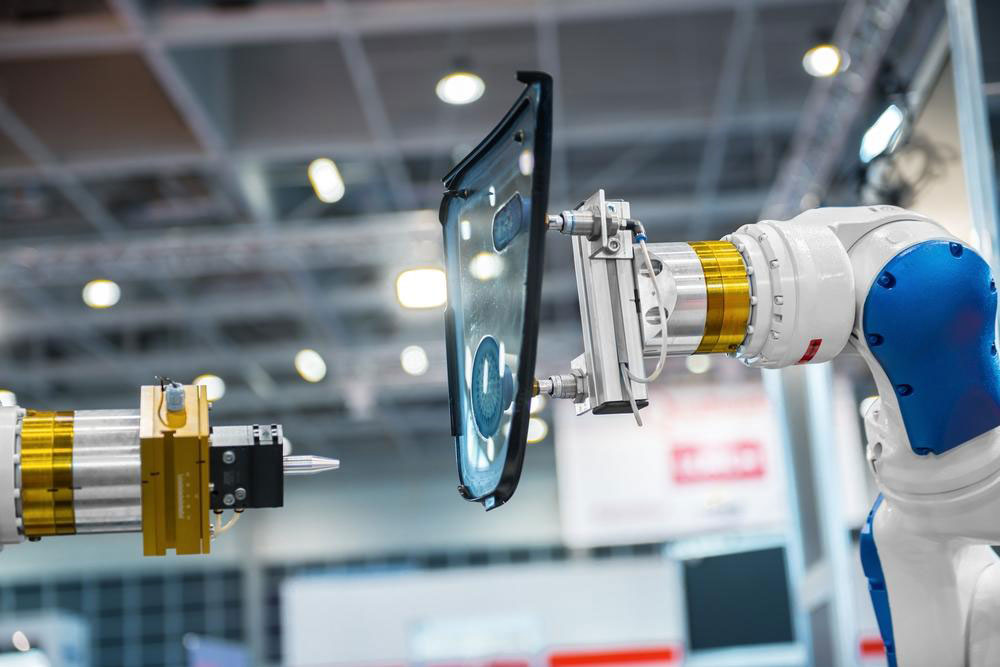The Crucial Role of Automated Testing in Software Development
Automated testing plays a vital role in developing reliable, secure, and high-quality software. It helps detect bugs early, enhances safety in critical systems like automobiles and aviation, and ensures compliance with regulations. Tools like Selenium and TestComplete streamline testing processes across platforms, while emerging AI-driven solutions promise even greater efficiency and precision in quality assurance.
Sponsored

Why Automated Testing is Essential
In the development of complex software, errors are inevitable. Detecting and fixing bugs early is critical to ensure reliability and safety, especially in high-stakes systems like aviation, where software failures can cause disasters. Multi-core processors enhance performance but introduce additional challenges such as concurrency issues. Automated testing surpasses manual methods in uncovering defects and is vital for cybersecurity, preventing hackers from exploiting software vulnerabilities.
As digital reliance grows, software security becomes paramount. Regulatory bodies also employ automated tools to analyze accidents. Modern vehicles incorporate millions of lines of code for systems including engine control, braking, and entertainment, requiring robust testing. Automation in manufacturing processes like robotic welding ensures faultless software, essential for safety and efficiency.
Beyond safety, flawless software boosts a company's reputation and reduces maintenance costs. Popular tools like Selenium facilitate cross-platform testing, supporting various programming languages and browsers. TestComplete enables comprehensive UI testing across desktop and mobile platforms, including native and hybrid apps. Emerging AI-powered testing tools are now more effective, speeding up defect detection and improving quality assurance through machine learning innovations.






